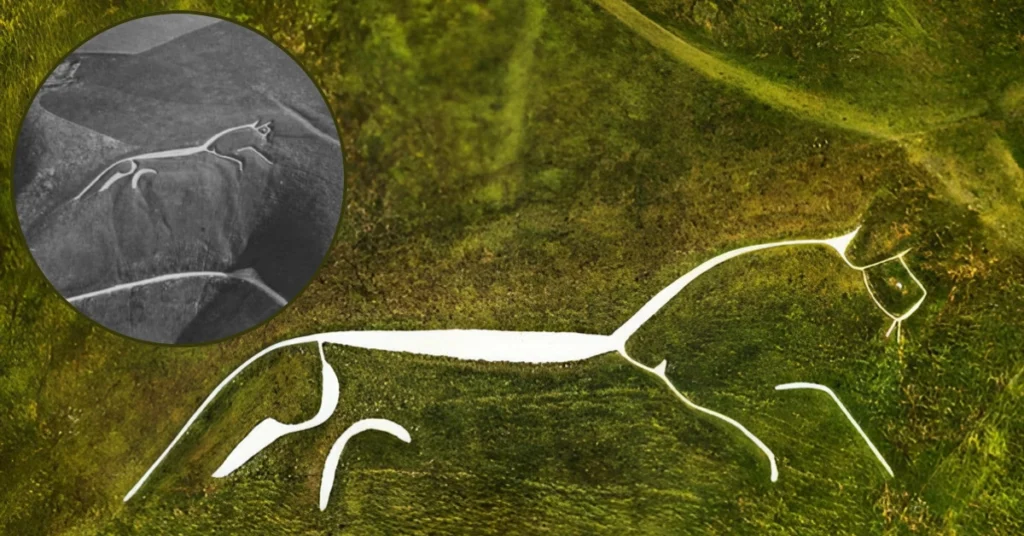The Mousehole plague stone in Cornwall stands as a poignant reminder of a dark chapter in history when the Bubonic Plague, commonly known as the Black Death, wreaked havoc across Europe, including England. Plague stones, though once common throughout England, hold a significant historical and cultural value, offering insight into the measures taken to combat infectious diseases during medieval times. Today, these stones serve as tangible links to the past, preserving the memories of communities that grappled with unimaginable hardships.
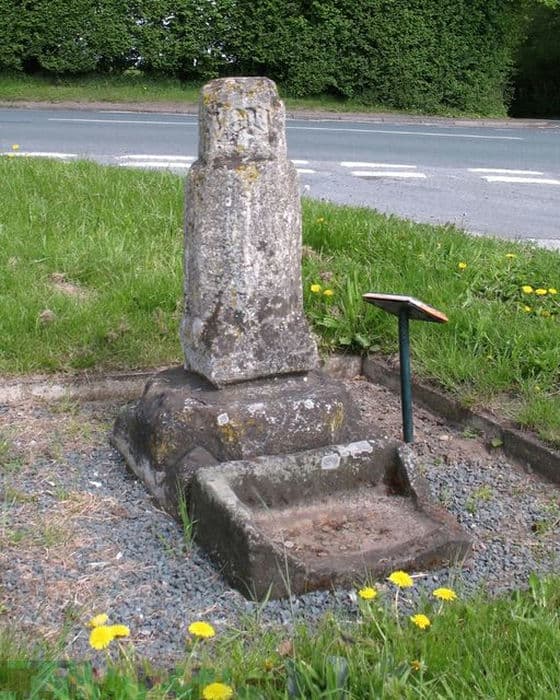
Why Visit the Mousehole Plague Stone?
When exploring the Mousehole area, be sure not to miss:
- Mousehole Plague Stone: Witness the solemnity of the Mousehole plague stone, a tangible relic from a time when communities battled the devastating effects of the Bubonic Plague.
- Historical Significance: Explore the historical significance of plague stones and their role in disease control during medieval times, offering valuable insights into past societies’ responses to epidemics.
- Cultural Heritage: Immerse yourself in the cultural heritage of Cornwall and discover the stories of resilience and survival that have shaped the region’s history.
- Reflection and Remembrance: Take a moment to reflect on the impact of past pandemics and pay tribute to the countless lives lost to the Black Death, fostering a deeper understanding of the human experience.
- Educational Opportunity: Learn about the history of the Bubonic Plague and its lasting effects on society, medicine, and culture in medieval England, providing valuable insights into the challenges faced by our ancestors.
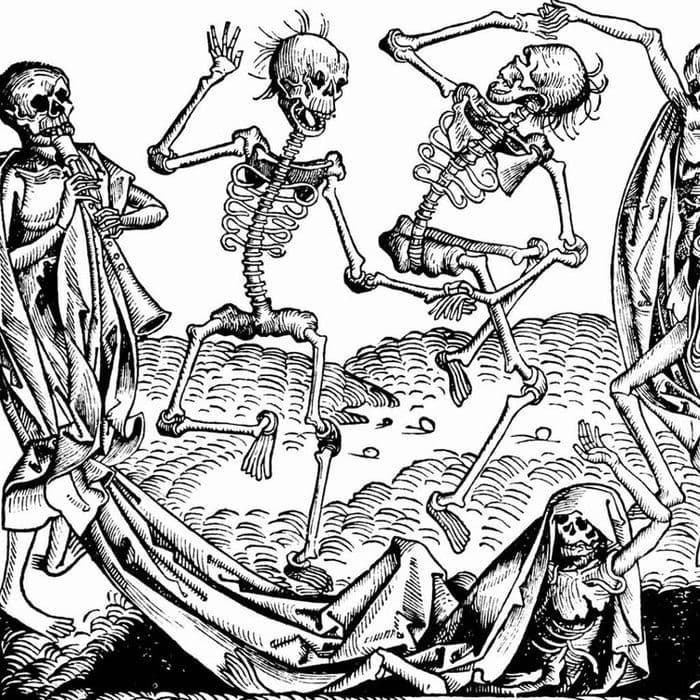
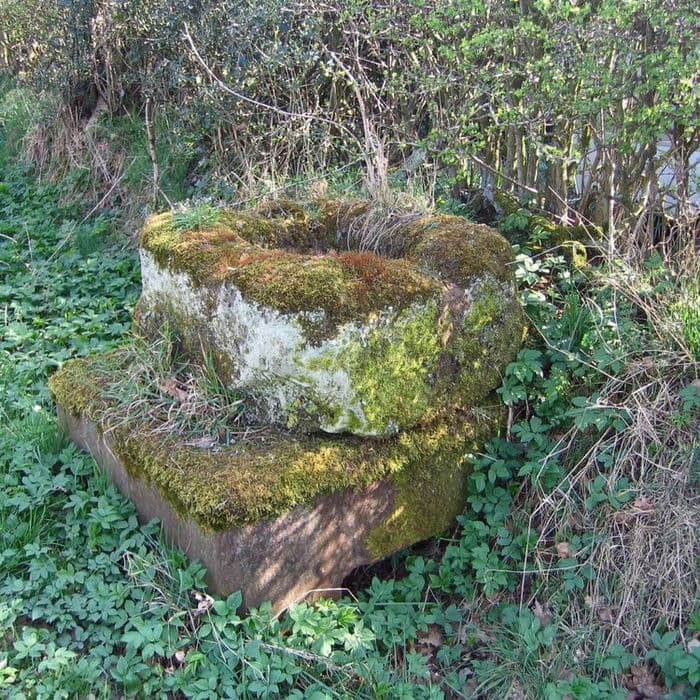

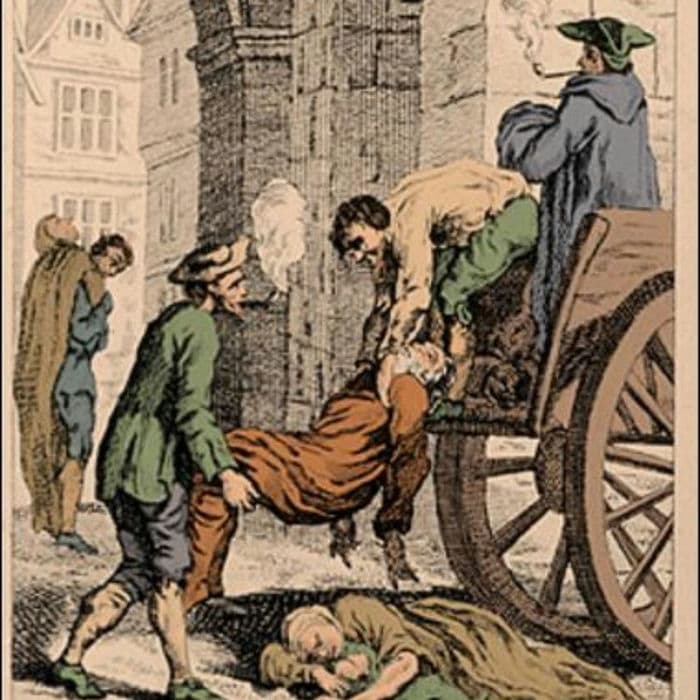
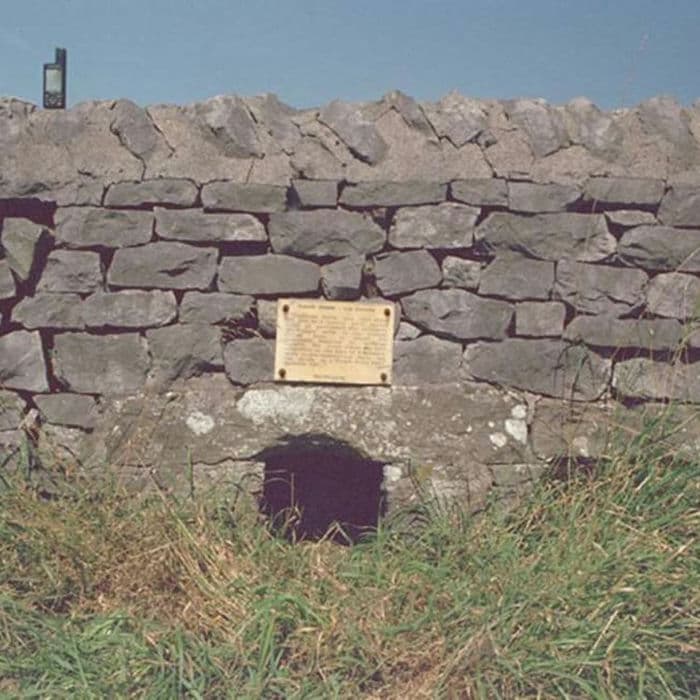
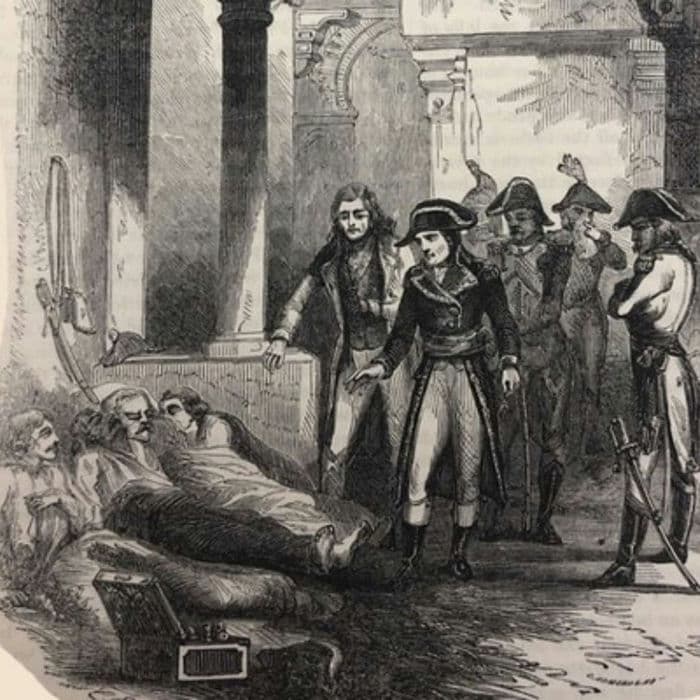
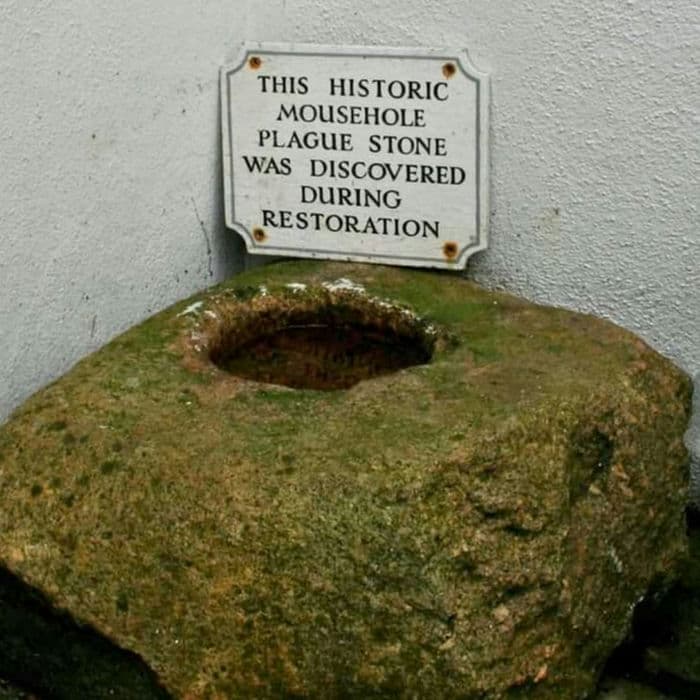
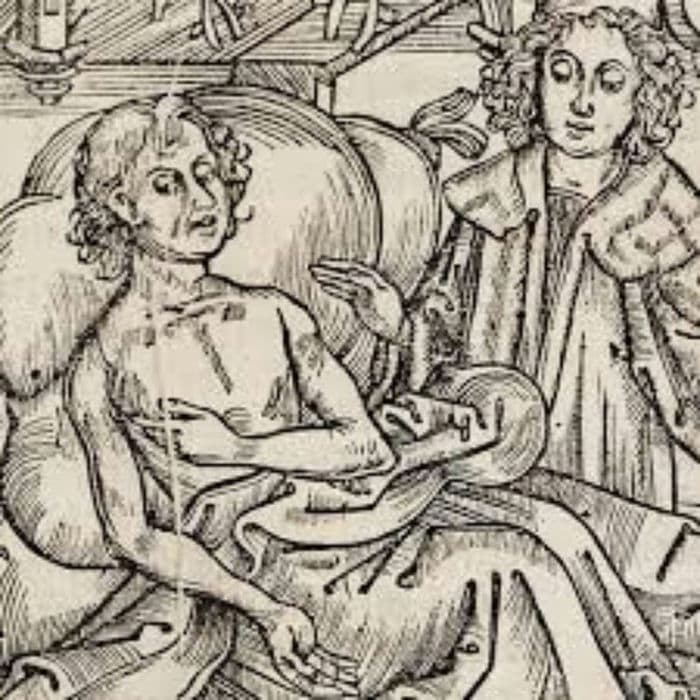
FAQs about the Mousehole Plague Stone:
- What was the purpose of plague stones during the Black Death?
Plague stones served as disinfection stations, filled with vinegar to cleanse coins exchanged for goods, aiming to prevent the spread of the deadly disease. - How did the Black Death impact medieval society in England?
The Black Death had profound social, economic, and cultural consequences, leading to a significant reduction in the population and reshaping societal structures and economic systems. - What measures were taken to combat the spread of the Black Death in England?
Measures such as marking infected households with crosses and implementing quarantine measures were common strategies used to contain the spread of the disease. - Did the Black Death lead to advancements in medicine?
Despite its devastating toll, the Black Death spurred advancements in medicine, including anatomical investigations and a greater emphasis on surgical practices. - What is the legacy of the Black Death in modern times?
The Black Death left an indelible mark on the history and development of England, shaping its cultural landscape and influencing subsequent events in the centuries that followed.
